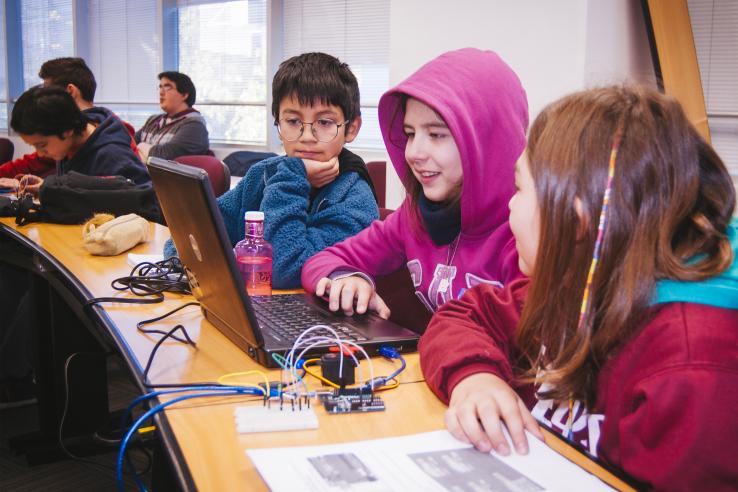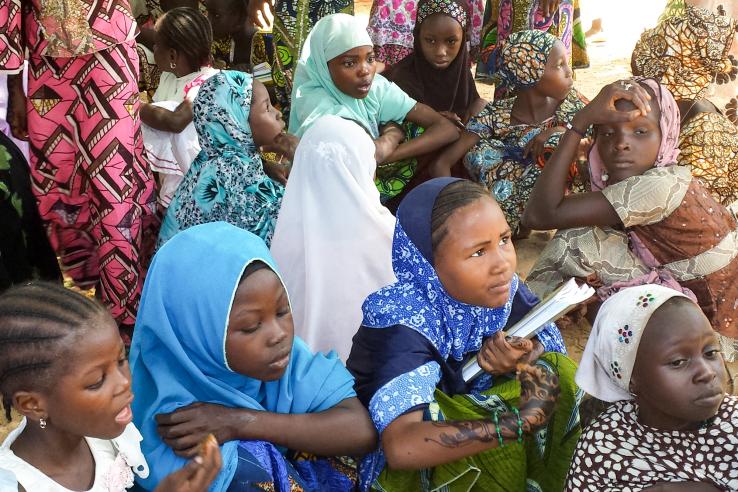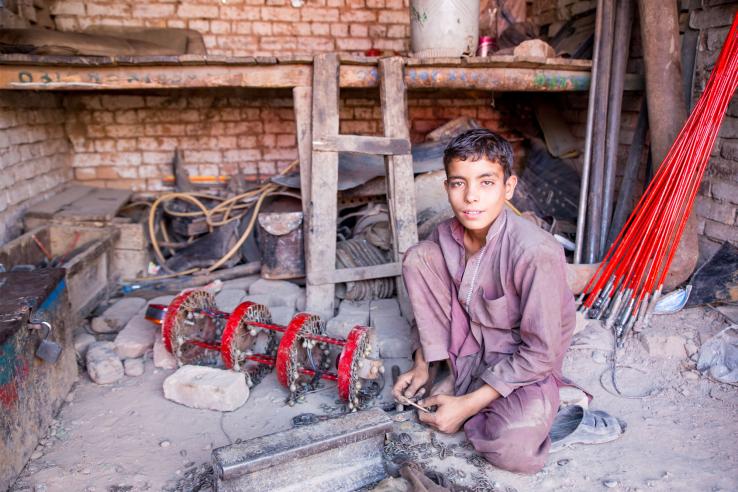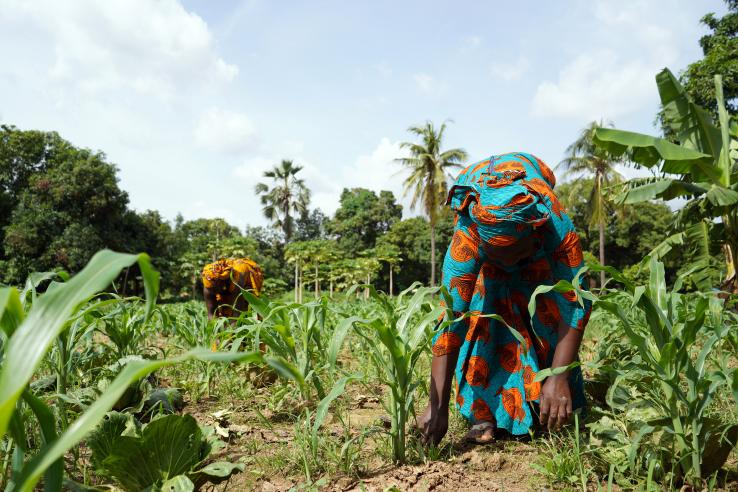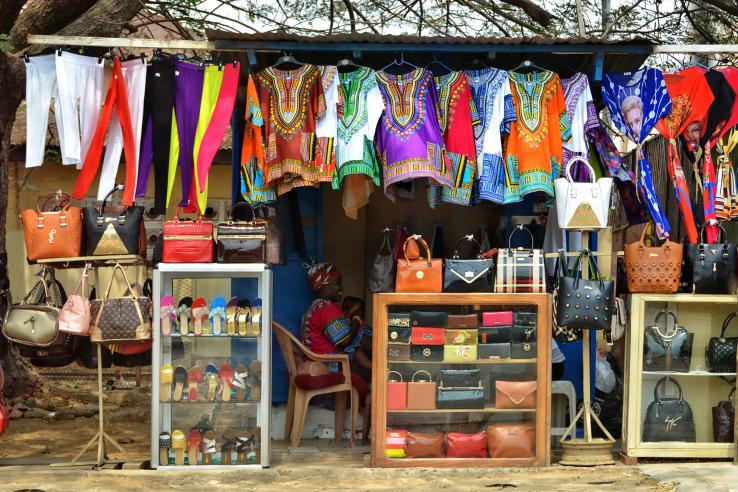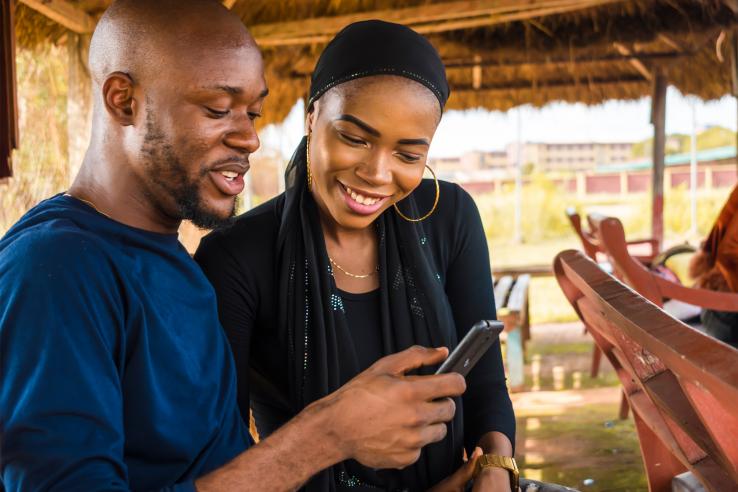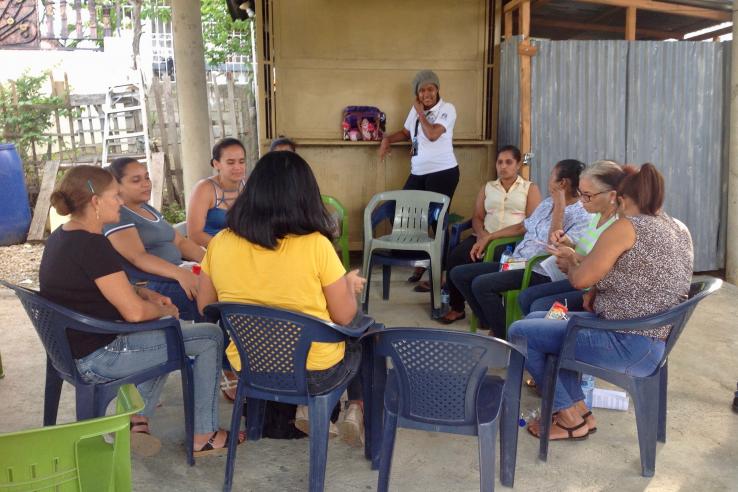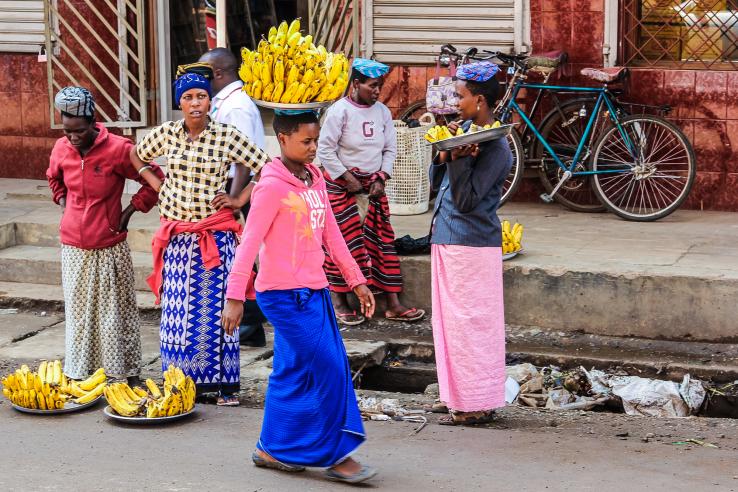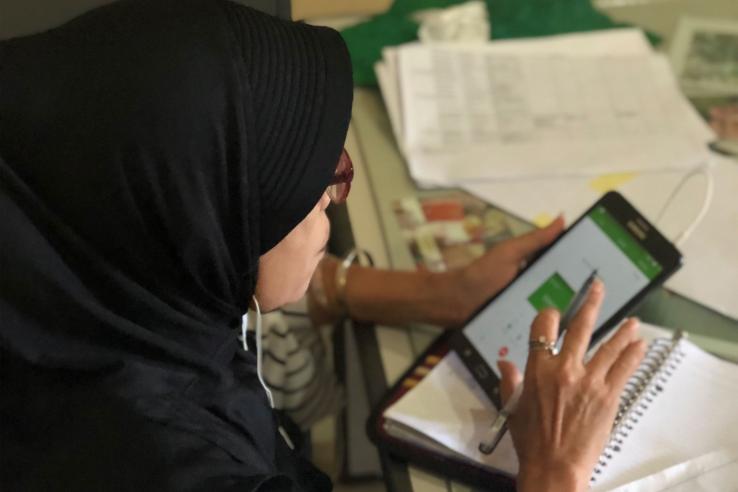Displaying 2371 - 2385 of 8330
Evaluation
Researchers evaluated the impact of Chile’s national Skills For Life (SFL) program for disruptive students on their behavior and academic outcomes. Researchers found that the SFL program did not impact eligible students’ learning outcomes.
Evaluation
Researchers will conduct a randomized evaluation to test the impact of different types of notifications on rates of failure to appear in traffic and criminal misdemeanor courts.
Evaluation
Researchers are partnering with the Government of Niger to evaluate the impact of empowerment clubs providing adolescents girls with life skills trainings; gender norms clubs designed to change gender-related norms among young men; or both clubs implemented in the same villages on gender norms and women’s empowerment outcomes.
Evaluation
As of 2016, an estimated 151.6 million children aged 5 to 17 were engaged in child labor globally. For low-income households, economic shocks such as expensive accidents or illness are important determinants of child labor, as parents might have to send children to work for additional income. Researchers partnered with the National Rural Support Programme Insurance in Pakistan to introduce expanded health insurance services and evaluate the impact of insurance on child labor. The expanded insurance package reduced both the likelihood that children were working in a hazardous occupation and child labor earnings, especially for boys.
Evaluation
In Uganda, researchers working with USAID are conducting a randomized evaluation to better understand the effectiveness of several variants of a graduation program focused on improving nutrition and self-reliance among populations in and around a refugee settlement.
Evaluation
Researchers are adapting and scaling this seasonal credit product in partnership with a private sector company to evaluate the impact on household wellbeing, consumption patterns, wages, and company profitability in Zambia’s Lusaka, Central, Southern, and Eastern provinces.
Person
As a Senior Policy Associate, Anamika focuses on two specific areas: supporting the institutional partnership with the Government of Tamil Nadu, and supporting scale-up pathways for the Graduation Approach for ultra-poor families with different state governments in India.
Evaluation
Researchers are partnering with a leading mobile network operator to investigate how the internet affects financial and economic outcomes, particularly for women.
Person
Guillermo Cruces is a Professor of Economics at the University of Nottingham and the Deputy Director of the Center for Distributive, Labor, and Social Studies at the Universidad Nacional de La Plata, Argentina.
Evaluation
Researchers are partnering with a bank and a mobile money operator in the Dominican Republic to evaluate the impact of credit scoring models designed specifically for women on access to credit.
Person
Gustavo Bobonis is a Professor of Economics at the University of Toronto. His areas of interest include development economics, political economy, and labor economics.
Person
Ilf Bencheikh is the Director of Training, Finance and Operations of j-PAL Europe.
Evaluation
Building on an earlier study in Uganda, researchers are working with Innovations for Poverty Action to measure the impact of radio programming on gender-related attitudes and behaviors.
Blog
Social distancing guidelines in Indonesia and around the world have profoundly impacted many aspects of people’s lives, from the way we communicate to the ways we work, shop, and transact. These shifts have brought the potential of digital financial services as a means of easing some of the economic...
